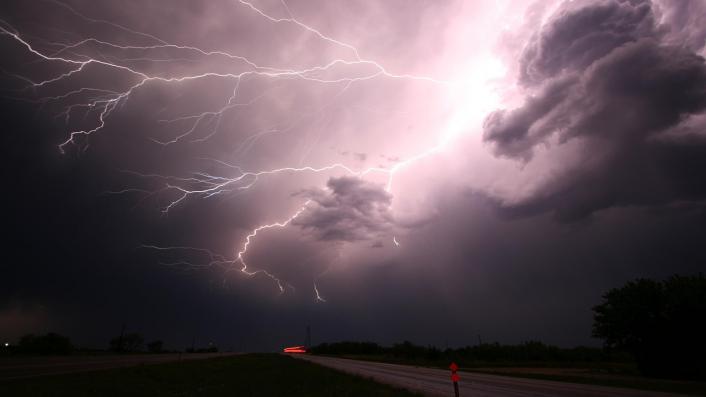Europa/Reino Unido/ tes.com
Resumen: Los futuros edificios escolares de todo el mundo deberán construirse para poder sobrevivir a «fenómenos meteorológicos extremos», ha dicho la Organización para la Cooperación y el Desarrollo Económico (OCDE) en un informe publicado hoy, Trends Shaping Education 2019 , el organismo internacional analiza los principales desarrollos mundiales y especula cómo podrían impactar en la educación. El informe marca el inicio de la conferencia del Foro Mundial de la Educación , que se celebra en Londres esta semana y reúne a ministros de educación de todo el mundo. El informe predice que a medida que el cambio climático aumenta la frecuencia de las tormentas y otros incidentes de clima extremo, habrá una «necesidad de construir edificios escolares que puedan soportar eventos climáticos extremos». También sugiere que los formuladores de políticas deberían fomentar campos de estudio «verdes» en la educación secundaria y terciaria para desarrollar la capacidad de prevenir, mitigar o defender contra desastres naturales. Las escuelas «respetuosas con el medio ambiente» deben construirse con diseños y materiales sostenibles, y deben fomentarse las «formas de transporte limpias».
Future school buildings around the world will need to be built so they can survive «extreme weather events», the Organisation for Economic Co-operation and Development (OECD) has said.
In a report published today, Trends Shaping Education 2019, the international body looks at major global developments and speculates how they could impact on education.
The report marks the start of the Education World Forum conference, which is being held in London this week and brings education ministers together from around the world.
Here are four ways in the report says education may have to change:
1. Climate change
The report predicts that with climate change increasing the frequency of storms and other incidents of extreme weather, there will be a «need to build school buildings that can withstand extreme weather events».
The report also suggests that policymakers should foster «green» fields of study in secondary and tertiary education to build capacity to prevent, mitigate, or defend against natural disasters. «Ecofriendly» schools should be built using sustainable designs and materials, and «clean forms of transport» should be encouraged.
2. The rise of fake news
With more people receiving their news online, the report says that efforts should be taken to equip citizens against disinformation. It recommends «teaching analytical and critical thinking skills to carefully research, assess and use sources of information off and online».
3. Tackling anti-microbial resistance
The report notes that in OECD countries, the average proportion of infections caused by bacteria resistant to antibiotics rose from 14 per cent in 2005 to 17 per cent in 2015.
To guard against anti-microbial resistance under-cutting modern medicine, the report suggests the schools of the future will foster «health literacy, including informed decision-making about the proper use of antibiotics».
4. Preparing for an ageing population
According to the report, over the last 45 years life expectancy has risen across OECD countries from an average of 70 to 80 years.
A person born today is expected to live to more than 80 years in most OECD countries, with a high of 83 years in Spain and Switzerland and 84 in Japan.
To adapt to this change, the report says there will be a role in education for «combating loneliness and isolation and challenging prejudices and age discrimination».
It also says that education and training should be offered in «caring for fragile elders and other expanding job markets», and that opportunities should be developed to «share the wisdom of older generations», for example through «grandparents in the classroom».
Fuente: https://www.tes.com/news/storm-proof-schools-and-three-other-ways-world-education-will-change






 Users Today : 63
Users Today : 63 Total Users : 35459529
Total Users : 35459529 Views Today : 92
Views Today : 92 Total views : 3417850
Total views : 3417850